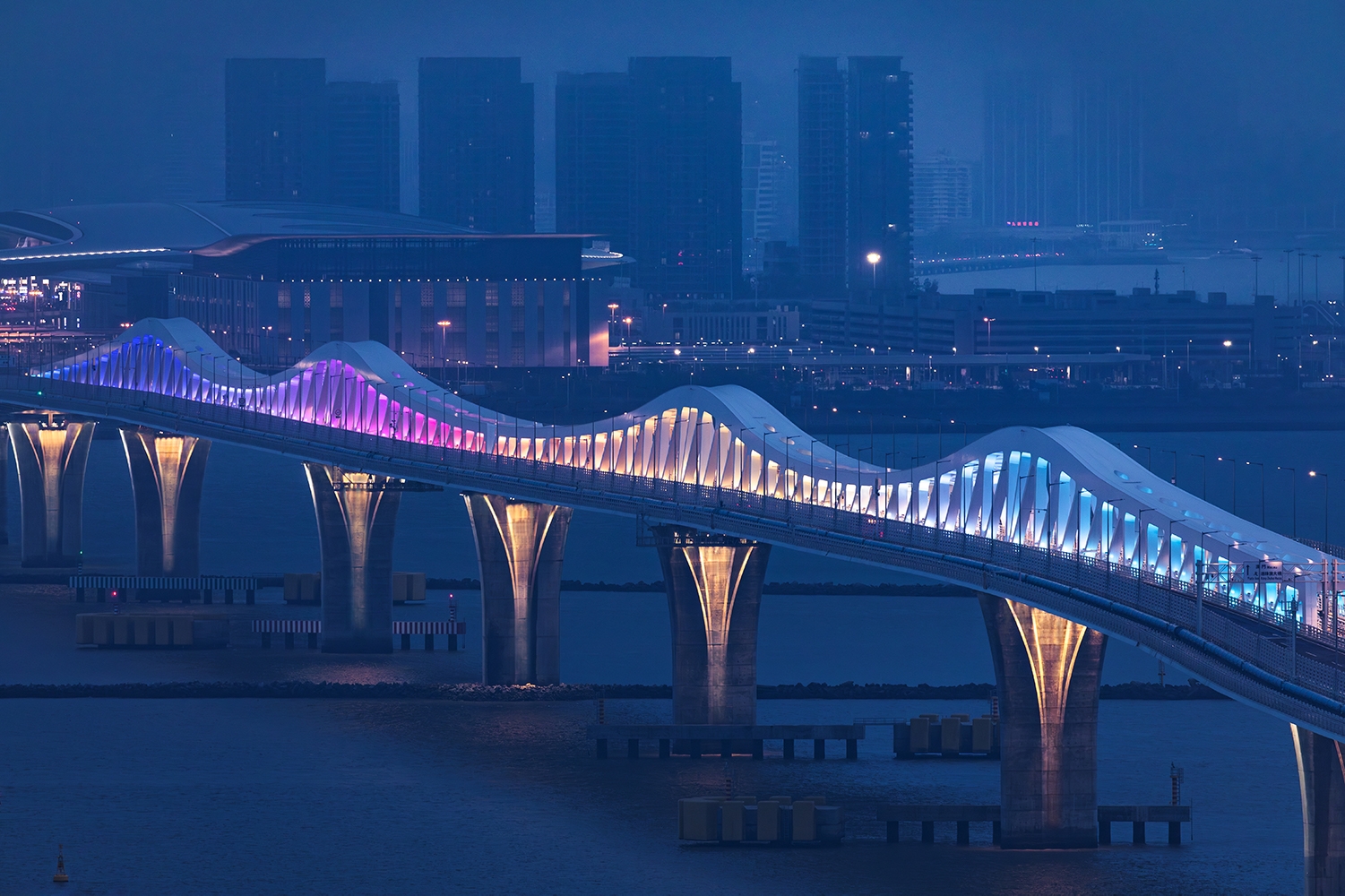Header: richarDesign
Kaleidolight, designed by Richard Choi of richarDesign, is a wall-mounted lighting installation that draws on early experiments in light and form, blending historical references with contemporary interactive design. Influenced by László Moholy-Nagy’s Light-Space Modulator and Bauhaus principles, the piece responds to touch and movement, generating changing patterns of light and shadow. This mixture of art and light combines kinetic elements with geometric principles, allowing users to interact directly with the light and shape their own visual experience.
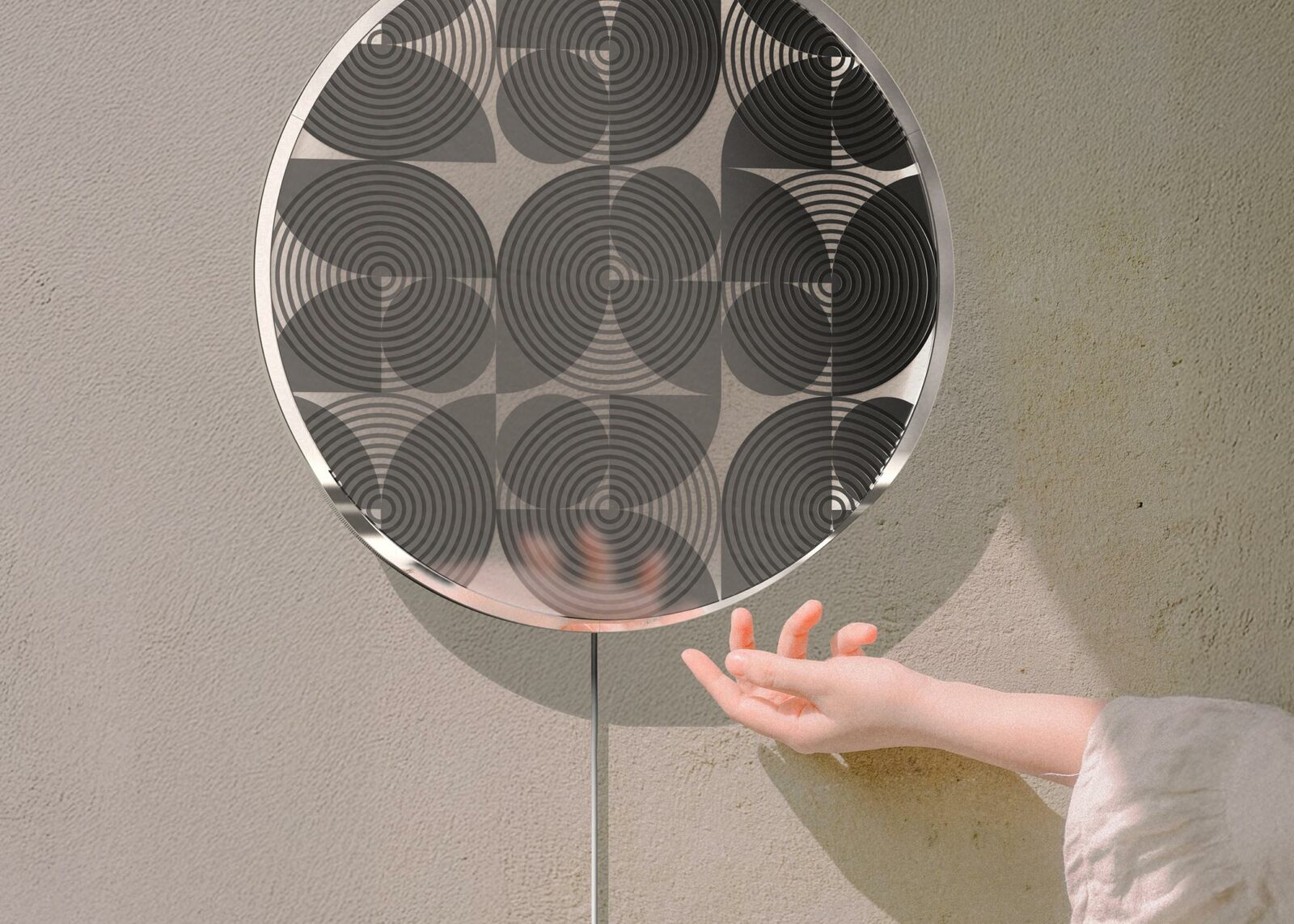
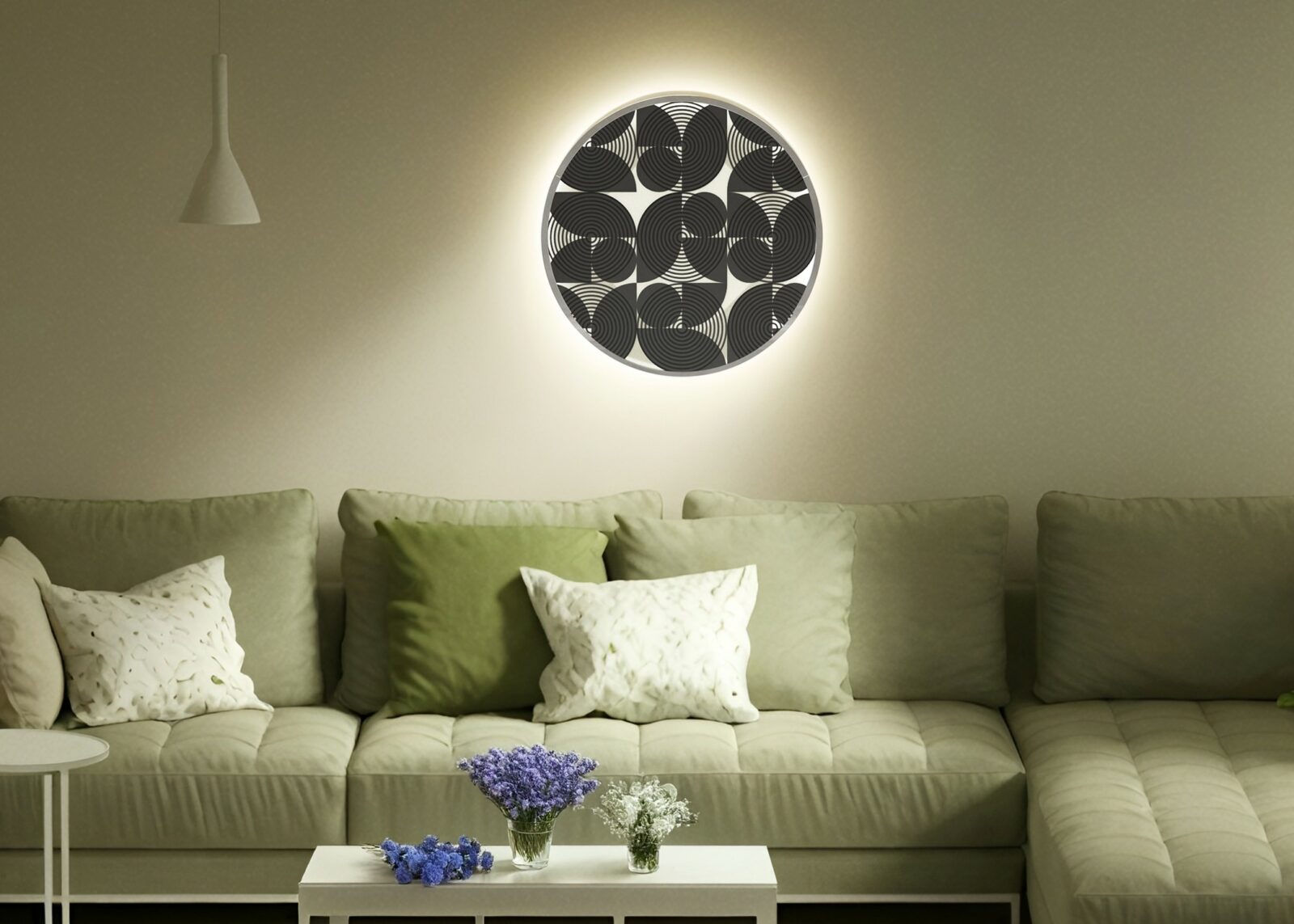
The inspo
The Bauhaus was a German design school that brought together art, craft, and technology, focusing on simple forms and practical use. Among its members was László Moholy-Nagy, who created the Light-Space Modulator, a moving sculpture made of metal and glass that used light, shadow, and motion to explore how space could be shaped through visual effects. Instead of treating light as something fixed, the piece turned it into something active, constantly shifting and changing depending on how it was seen.
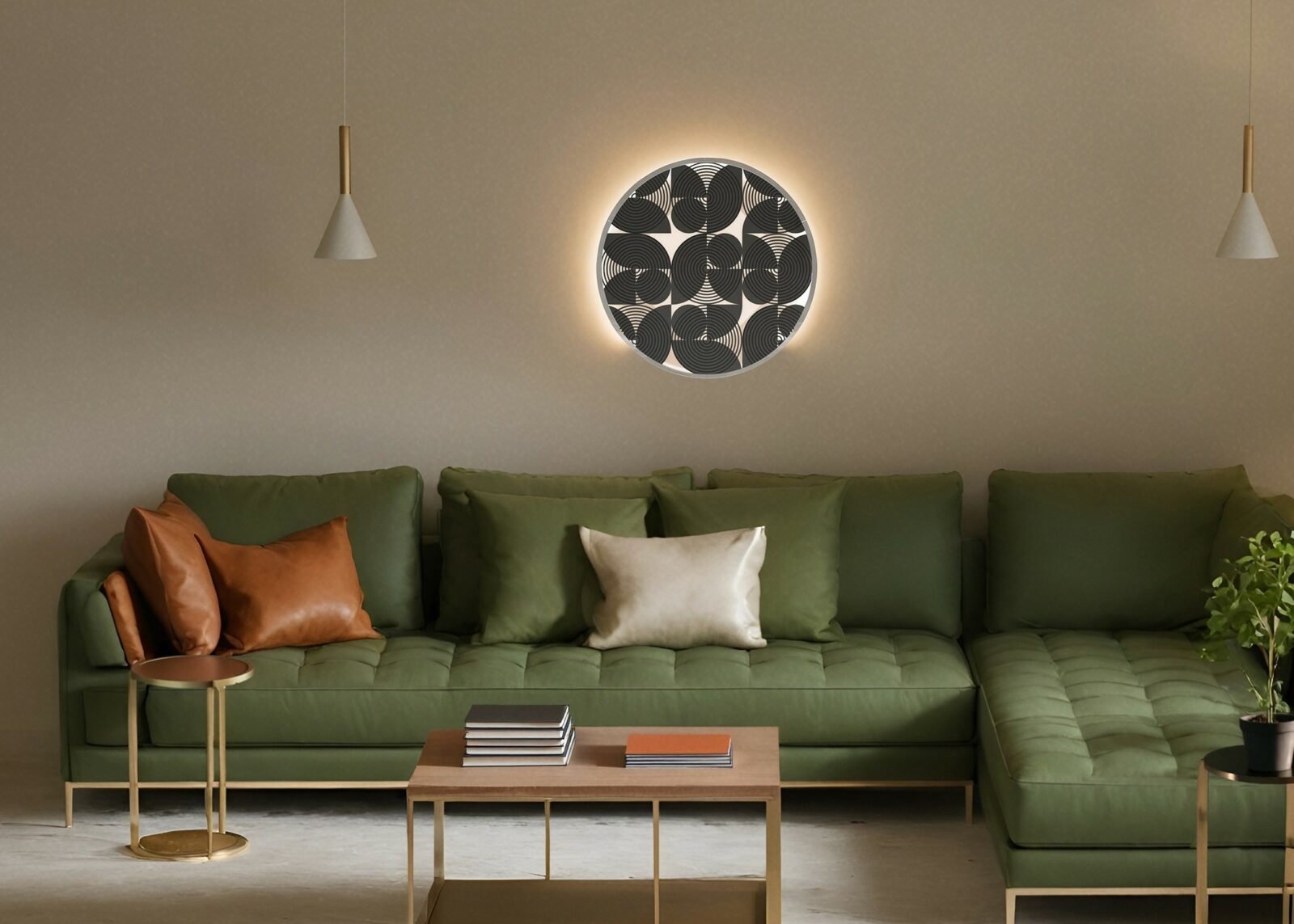
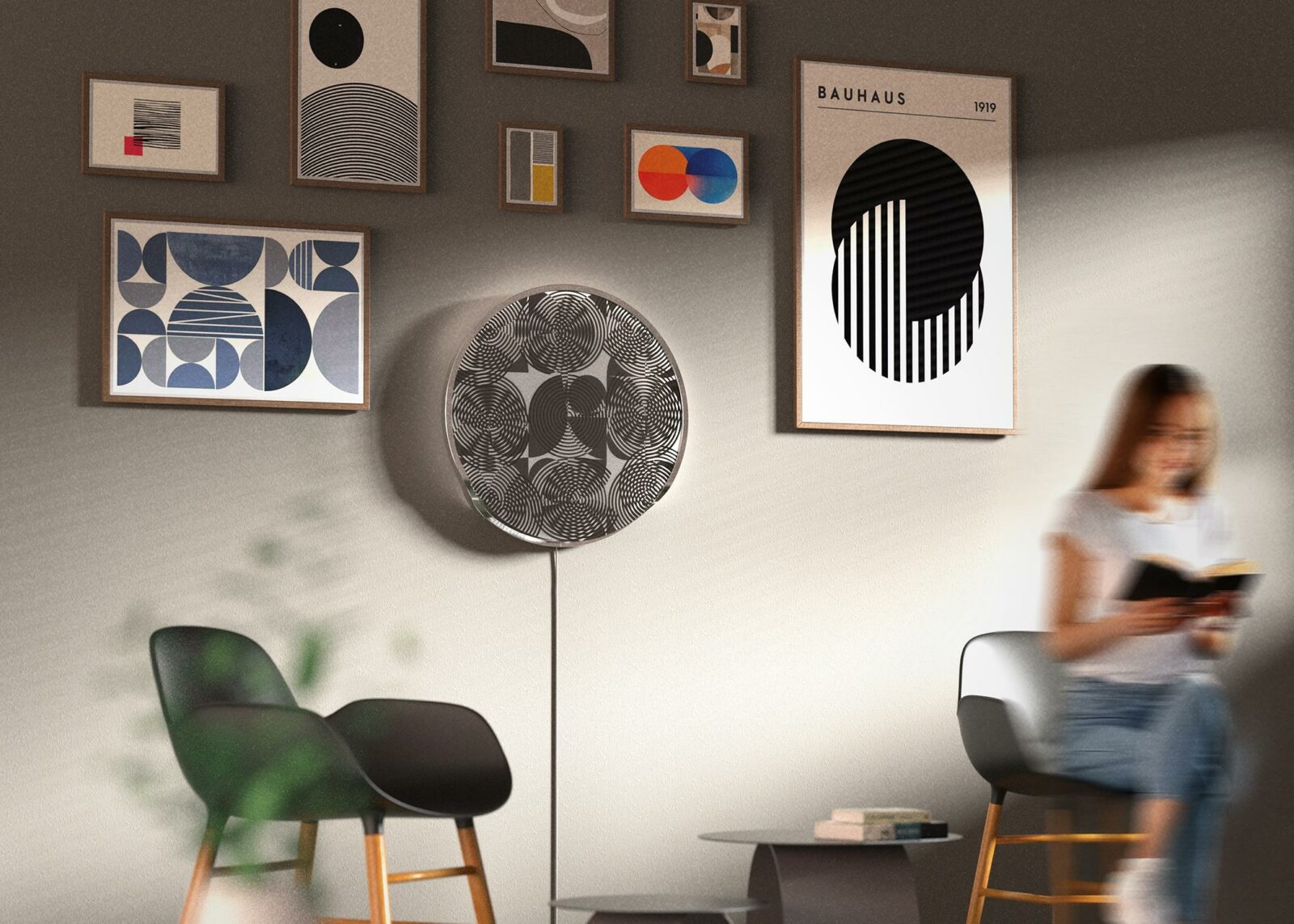
The vision
The piece remains static until approached, at which point it reacts to touch, altering its surface into changing patterns of light and shadow. This transformation allows the user to shift between passive observation and active participation, with the light responding in real time to their presence.
The installation looks geometric in form and restrained, remaining faithful to the Bauhaus aesthetic. The interface is also intentionally minimal, as users do not need to use apps or devices to engage with the installation. All interaction is contained in the object itself, with users controlling the light through simple contact, which allows for direct manipulation of its brightness and direction.
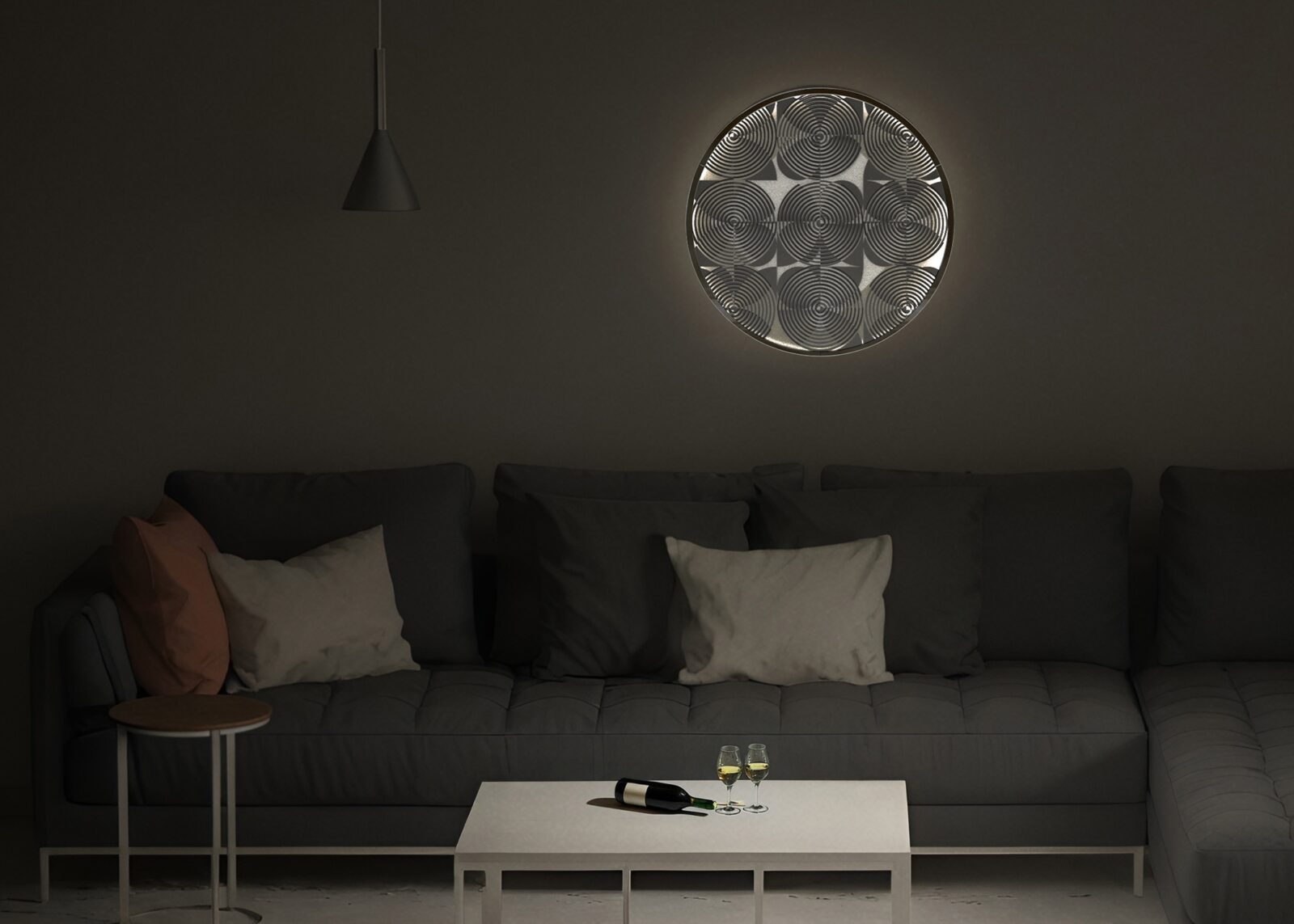
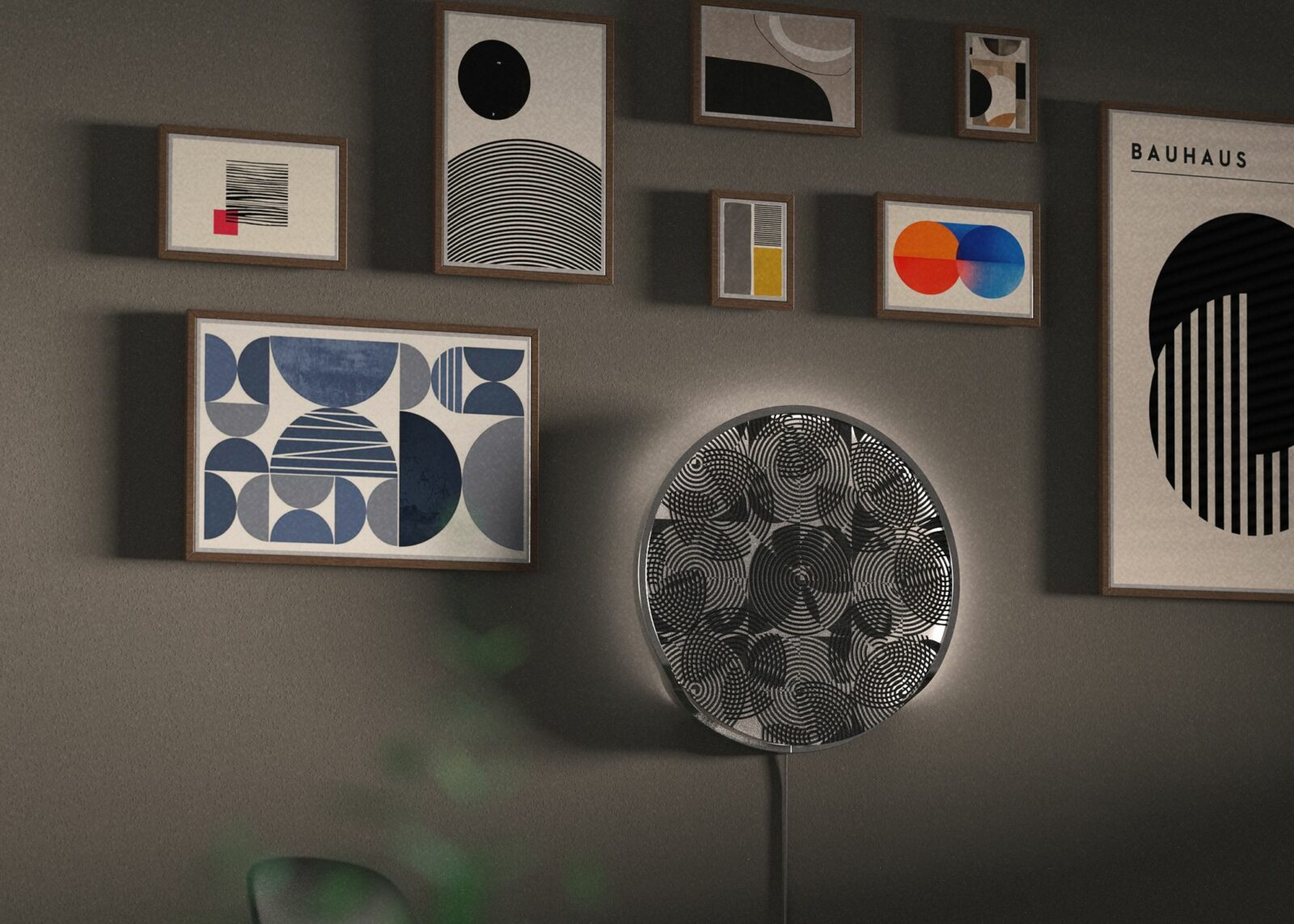
Rather than functioning only as a fixture, the project is designed to support constant user interaction, encouraging each person to explore how light reshapes the surrounding space.







